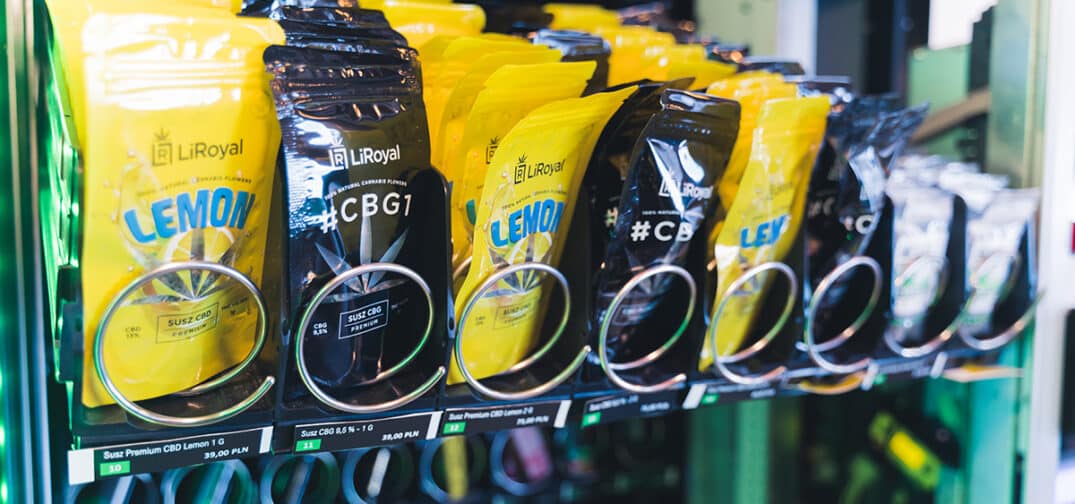A study published last month in the Journal of Cannabis Research suggests that the majority of hemp-derived delta-9 THC products do not state the product’s correct dosage of the cannabinoid on the package and that most of the companies that provided laboratory reports did not actually check for impurities.
The study included 53 hemp-derived delta-9 THC products. The products were sent to InfiniteCAL laboratory which tested potency, the presence of impurities, and whether the delta-9 THC present was natural or converted from CBD.
The presence of age verification, company-conducted testing, and warning labels was also considered.
The researchers found that 96.2% of products tested were under the legal delta-9 THC limit but that 66% differed from their stated dosage by more than 10%. In all, 84.9% of the products included a lab report but 71.1% of those did not check for impurities. Nearly half – 49% – of products converted CBD to THC to achieve the delta-9 levels.
“Despite some positive findings, the results show that hemp delta-9 THC companies offer inaccurately labeled products that contain more THC than would be allowed in adult-use states. This raises serious issues around consumer safety, and consent when consuming intoxicating products. Steps to boost accountability for companies must be considered by either the industry or lawmakers if intoxicating hemp products are to remain on the market safely.” — “Potency and safety analysis of hemp delta-9 products: the hemp vs. cannabis demarcation problem,” Journal of Cannabis Research, July 23, 2023
Additionally, just 15.1% performed age verification at checkout.
The products tested for the study included 38 gummy products, three tinctures, one vape pen, two cookies, one brownie, one chocolate product, three candy products, three beverages, and one rice krispy product. The 53 products came from 48 different brands, which the researchers estimate represented 40% of the total hemp delta-9 THC market, as of April 2022. Manufacturers came from Arizona, California, Colorado, Florida, Georgia, Indiana, Massachusetts, Michigan, Minnesota, Missouri, North Carolina, New Jersey, Nevada, New York, Oregon, Tennessee, Texas, and Wisconsin.
Companies with a TrustPilot rating lower than 4 or with a Better Business Bureau grade below B were excluded, as were any companies that didn’t ship to California and any products that didn’t mention a specific dosage of THC.
Get daily cannabis business news updates. Subscribe
End
